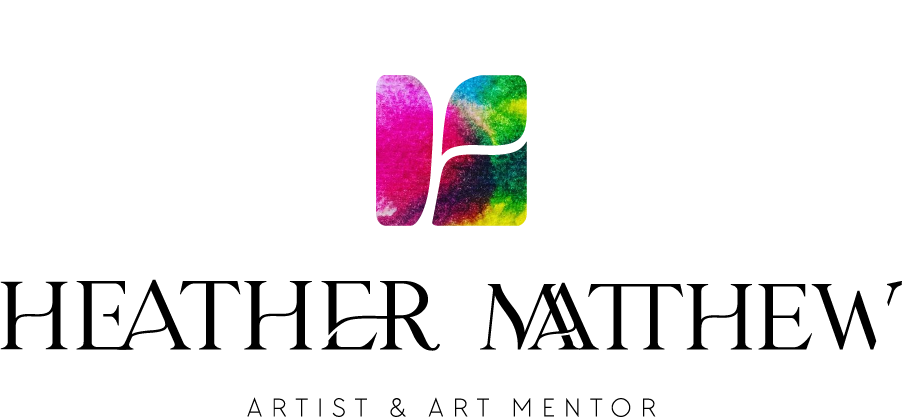Blueprints
Obsolescences (detail) - from the series of post colonial blueprints
“Change is the only constant in life”
~ Heraclitus, ancient Greek philosopher
I’m thinking of change as I construct blueprints or cyanotypes as they are called. These are negatives of an image, white lines on a blue background. Before we had photocopiers, scanners and digital reproductions, we had carbon paper and blueprints or contact prints. These were invented by astronomer, Sir John Herschel in 1842 for producing multiple print copies and revolutionised the way technical information could be disseminated, especially in the construction industry.
Blueprint became the common term for plans, diagrams and prototypes of ideas yet to be rendered into reality. I like the title “Blueprint for Change” and this was one of the titles of artworks in my recent exhibition Deluge. We are in the middle of very exciting times of change, yet we cannot always see that change is coming or is here already hidden in plain sight.
Attitudes can change rapidly in this digital age of social media and campaigns can galvanise people internationally. Climate change is now accepted (somewhat grudgingly by Australian political leaders ) but it is now set to be an election issue and rightly so for we are all on this planet together and the actions of each nation, each leader, each family, each individual affects others.
Attitudes to racism, domestic violence, refugees and the environment are at the forefront of this change yet sometimes it seems just too slow to be making headway. How to tackle these things as individuals? How to be the change we want to see in the world?
This week I have been making post colonial blueprints, these are my blueprints for change. From rusted agricultural and mechanical implements a suggestion of the future materialises “out of the blue”. These obsolete washers, spanners, bedsprings, bits of metal are repurposed as narratives of our colonial past. They float on paper made from spinifex and kangaroo grass coloured by the red desert earth.
Each shows its beauty and form, two elements side by side jostling for space and dominance. Who will win? Maybe its not about winners and losers but about coming to terms with the only constant that there is - change. We need to be open to the idea of change, even though we don’t know yet what it will look like. To redefine the notion of ‘explorer’, the colonial namer of landmarks and geographical features.
As Heraclitus also wrote:
“He who does not expect the unexpected will not find it, since it is trackless and unexplored”
Obsolescences - new narratives waiting to change into blueprints





